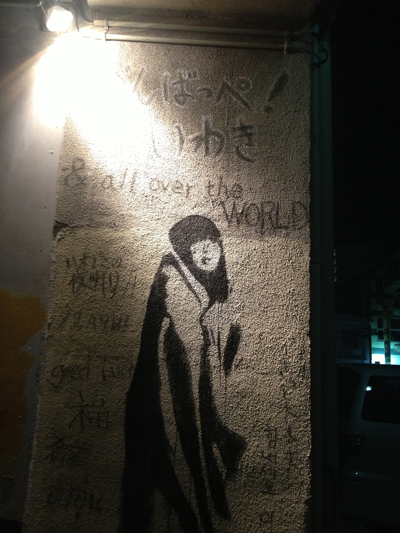Fukushima Revisited

Hematologist Robert Peter Gale has been conducting scientific and clinical research for over 35 years. He has published over 800 scientific articles and over 20 books. Dr. Gale has won numerous prestigious awards for his work, even an Emmy for his special reporting on the Chernobyl disaster. In 1986, the Soviet Union asked him to coordinate medical relief efforts for Chernobyl victims. I thought to contact him, also, because he previously co-authored an article for Bloomberg that should have dispelled many of the fears surrounding Fukushima. He told me the following:
“There are three reasons why thyroid cancer is unlikely to be increased post-Fukushima:
1. Contaminated milk and other foodstuffs were quarantined.
2. KI tablets were distributed (but not taken by everyone).
3. Japanese diet is not iodine-deficient (like Ukraine).
The cancers detected so early is (sic) most likely the result of screening. I see this intensive program (author’s note: he is referring to the petition) as politically rather than scientifically-motivated and likely to cause more harm than good.”
Harm, especially, to the good citizens of Fukushima.
While TEPCO may be showing every sign of incompetence in dealing with the increasingly volatile situation at the plant, at least local residents are receiving welcome support from some aid agencies. We were fortunate enough to cross paths with two volunteers from Fukushima’s branch of the Tasukeai (“Help Each Other”) association, Hasegawa Yusuke and Nishimura Eriko. This association was established in cooperation with the Reconstruction Agency after the disaster, and is involved in an array of reconstruction and revitalization activities in the Tohoku region. Nishimura, in fact, introduced me to the businesses run by evacuees and additionally took us to a daycare at one of the temporary housing shelters in Iwaki. Her comments echoed those of many residents: she wants the government to provide clearer information about Fukushima, thus restoring public trust. Without that, Hasegawa, Nishimura and other hard-working volunteers are fighting at a disadvantage.
People interested in helping residents of this region should consider donating to Tasukeai. Hasegawa stressed that they are not one of the groups trying to profit from reconstruction; the organization is built on passionate local volunteers, but needs funds to continue operations. The foundation outlines other ways you can help the region: volunteering, buying local products, or traveling there to help stimulate the economy.
The Tohoku region has rather attractive geography, with its jagged mountains and expansive rice fields in between. It has a rural charm conducive to shedding the stress of the big cities. A trip seems like an ideal way helping Tasukeai fulfill its goal of people “helping each other.”
Otherwise, without such help, Fukushima’s future will be one its residents will simply have to endure. How hard? How long? A better question seems to be: At what cost?
<<
Page: 1 | 2 | 3 | 4








